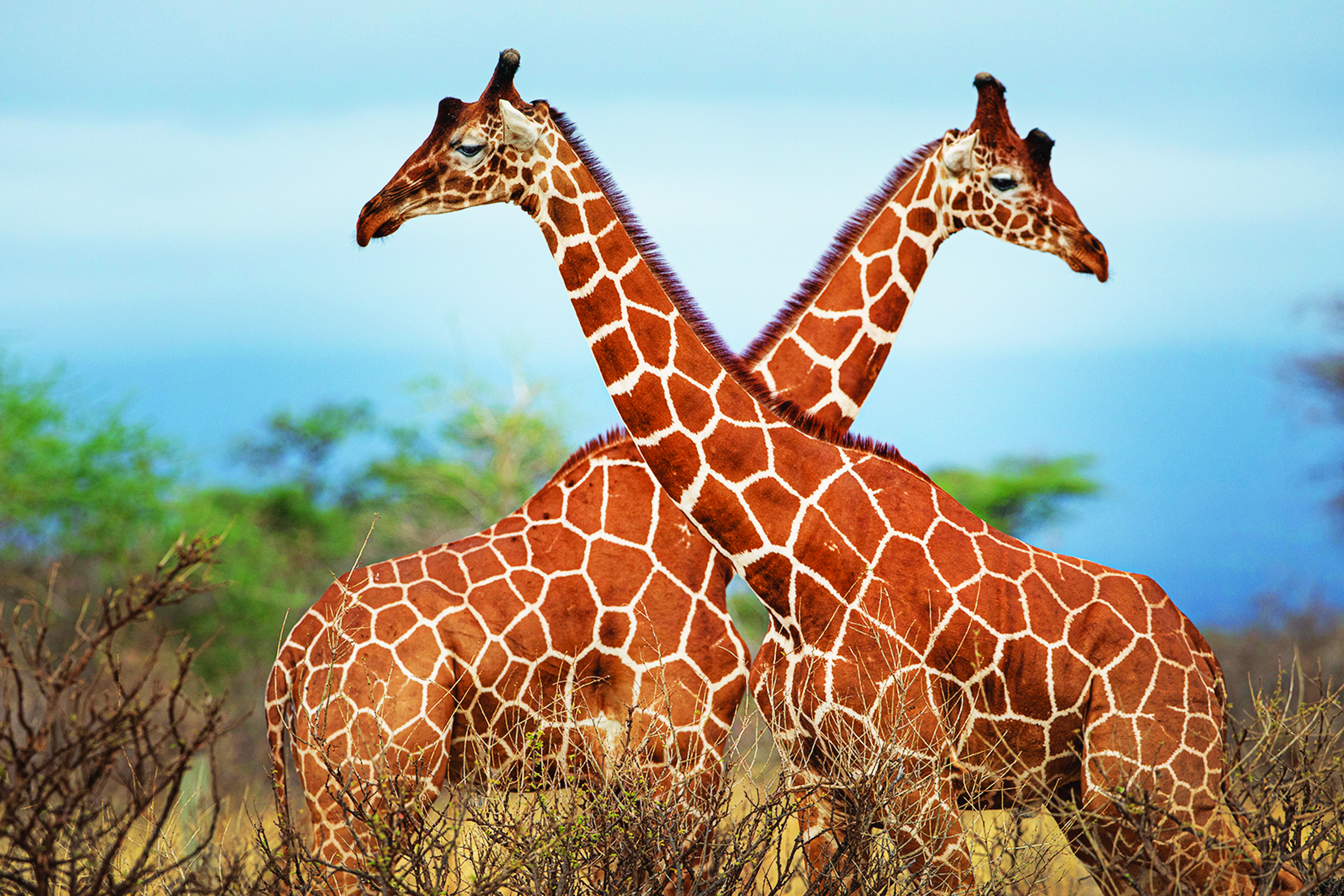Tanzania is one of the most sought-after safari destinations in Africa, offering stunning landscapes, diverse wildlife, and rich cultural experiences. Whether you’re planning your first trip or returning for another adventure, here are answers to some frequently asked questions to help you prepare.
1. What is the best time to visit Tanzania for a safari?
The best time depends on what you want to experience:
- June to October (Dry Season): Ideal for wildlife viewing as animals gather around water sources. Great for seeing the Great Migration in the Serengeti.
- November to May (Wet Season): Lush landscapes, fewer tourists, low prices, and excellent birdwatching. Calving season (January–March) in the southern Serengeti is a highlight.
2. Do I need a visa to visit Tanzania?
Yes, most travelers need a visa. You can obtain one online (e-visa) before arrival or get a visa on arrival at major entry points like Kilimanjaro International Airport. Check the latest requirements with the Tanzanian embassy in your country.
3. What vaccinations do I need before traveling?
- Yellow fever vaccination is required if you’re coming from a country with a risk of yellow fever.
- Recommended vaccines include Hepatitis A & B, Typhoid, and routine vaccinations.
- Malaria is present, so taking anti-malarial medication and using insect repellent is advised.
4. What are the must-visit safari destinations in Tanzania?
- Serengeti National Park – Famous for the Great Migration.
- Ngorongoro Crater – A UNESCO World Heritage site with abundant wildlife.
- Tarangire National Park – Known for large elephant herds and baobab trees.
- Lake Manyara National Park – Famous for tree-climbing lions and birdwatching.
- Selous Game Reserve & Ruaha National Park – Less crowded and excellent for off-the-beaten-path safaris.
5. What should I pack for a safari?
- Neutral-colored, lightweight clothing (long sleeves & pants to protect from sun and insects).
- Comfortable hiking or safari shoes.
- A good camera with extra batteries and memory cards.
- Binoculars for wildlife spotting.
- A hat, sunglasses, and sunscreen for sun protection.
6. What is the Great Migration, and how can I see it?
The Great Migration is the annual movement of over 1.5 million wildebeest, zebras, and other animals across the Serengeti and Maasai Mara.
- Best time to see river crossings: July–September at the Mara River.
- Calving season: January–March in the Ndutu region of the Serengeti.
7. Is Tanzania safe for travelers?
Tanzania is generally safe for tourists, but as with any travel destination, take precautions:
- Use reputable tour operators.
- Avoid displaying valuables.
- Follow your guide’s instructions while on safari.
8. What is the local currency, and can I use credit cards?
- The currency is the Tanzanian Shilling (TZS), but US dollars are widely accepted.
- Credit cards are accepted in major hotels and lodges, but carrying cash is advisable for small expenses.
9. Can I combine a safari with a Zanzibar beach vacation?
Absolutely! Many travelers combine a safari in mainland Tanzania with a relaxing beach escape in Zanzibar. After thrilling game drives, unwind on Zanzibar’s white sandy beaches, explore Stone Town, or enjoy snorkeling and diving in the Indian Ocean.
10. How do I book a safari in Tanzania?
- Choose a reputable tour operator that offers tailored experiences.
- Decide between a private safari (customized and exclusive) or a group safari (more budget-friendly).
- Consider budget, mid-range, or luxury accommodations.
- Book flights early, especially during peak seasons.
Tanzania offers an unforgettable safari experience, and with the right preparation, your trip can be truly magical. If you have more questions, feel free to ask and talk to us at info@sonsanddaughter.co.tz and we will be happy to send you a tailor-made program to suit your needs.

About the Author: Hellen Biseko
Hellen is a well-versed travel specialist with over seven years of experience in providing tailored support to tourists planning to visit the Tanzania National Parks and Zanzibar. Helping others and sharing knowledge are two beliefs Hellen imparts daily; Her expertise, positive attitude, and willingness to help others allow her to excel in this interesting role.

Comments are closed